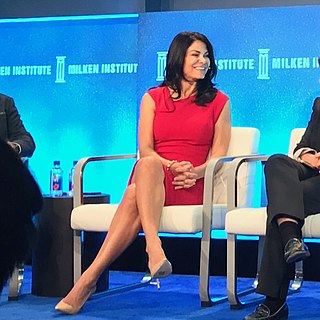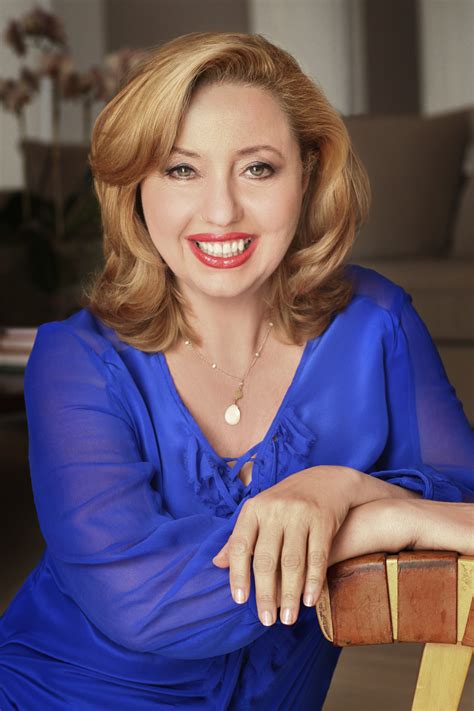A Quote by Clive Lewis
At times of constitutional uncertainty and social division, parliament needs a greater, not a lesser role, in defining our future.
Related Quotes
War is the realm of uncertainty; three-quarters of the factors on which action in war is based are wrapped in a fog of greater or lesser uncertainty. ... war is the realm of chance. No other human activity gives it greater scope; no other has such incessant and varied dealings with this intruder. Chance makes everything more uncertain and interferes with the whole course of events.
When I save, I lay something aside for future need. If I sense God's leading, I will give it away to meet greater needs. When I hoard, I'm unwilling to part with what I've saved to meet others' needs, because my possible future needs outweigh their actual present needs. I fail to love my neighbor as myself.
You see, Dad, Professor McLuhan says that the environment that man creates becomes his medium for defining his role in it. The invention of type created linear, or sequential thought, separating thought from action. Now, with TV and folk singing, thought and action are closer and social involvement is greater. We again live in a village. Get it?
Separation happens in so many different dimensions. We see it everywhere. I believe we are all part of the spiritual heart. We all come from that place of oneness, so that place in us that knows love, that knows connection, hurts. It's a challenge that we also feel more than any other time because it's in the news and social media. It's in our families. There is division with people in our lives, as well as political division and religious division.
Decision-making is difficult because, by its nature, it involves uncertainty. If there was no uncertainty, decisions would be easy! The uncertainty exists because we don't know the future, we don't know if the decision we make will lead to the best possible outcome. Cognitive science has taught us that relying on our gut or intuition often leads to bad decisions, particularly in cases where statistical information is available. Our guts and our brains didn't evolve to deal with probabilistic thinking.






























